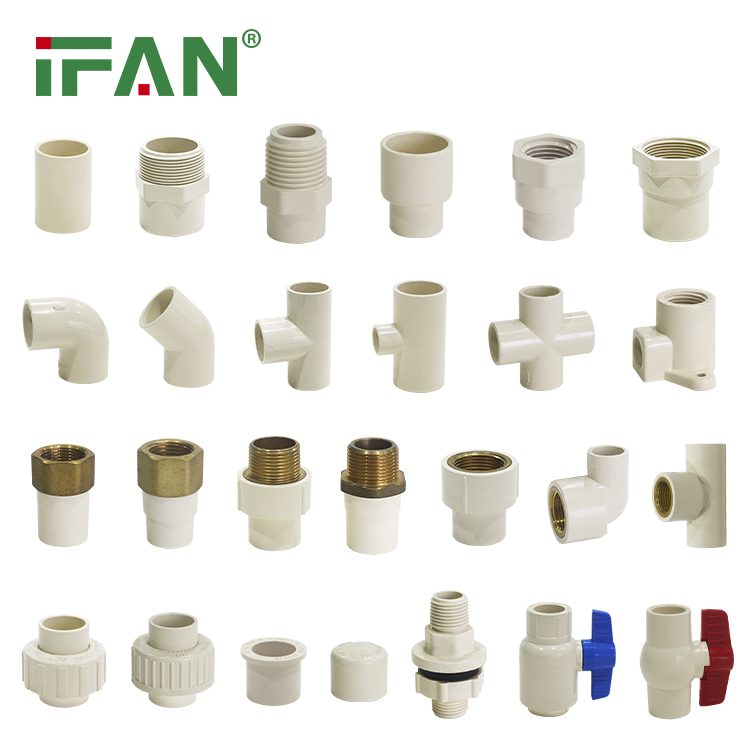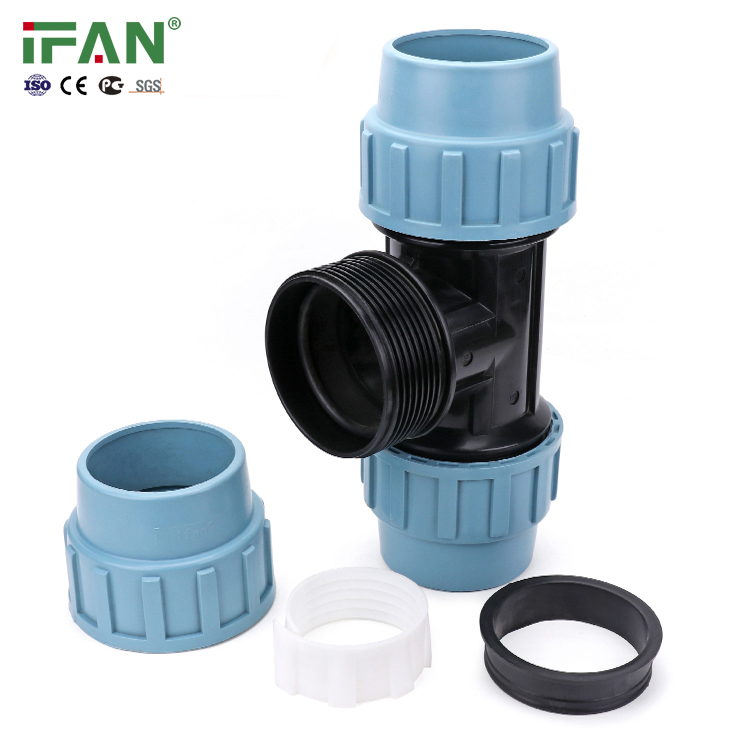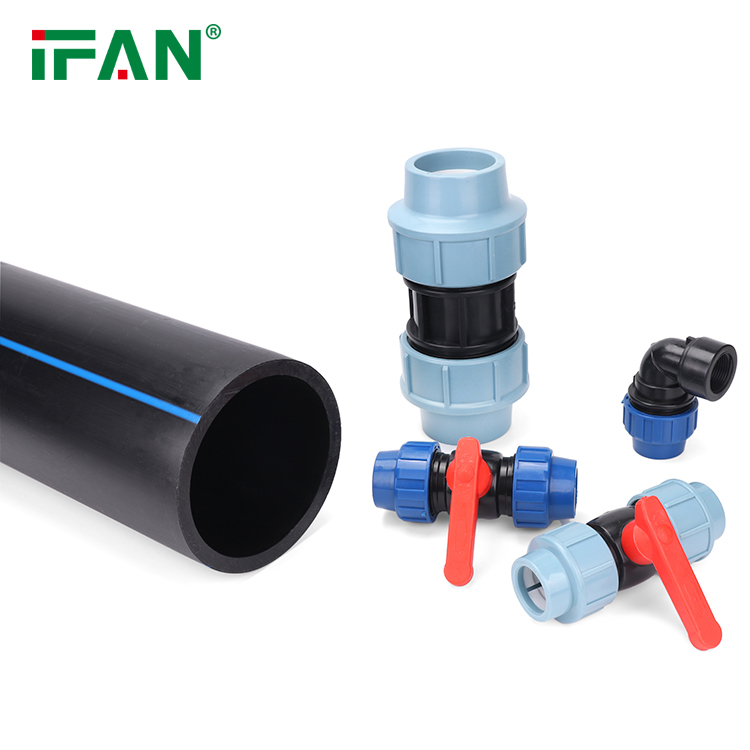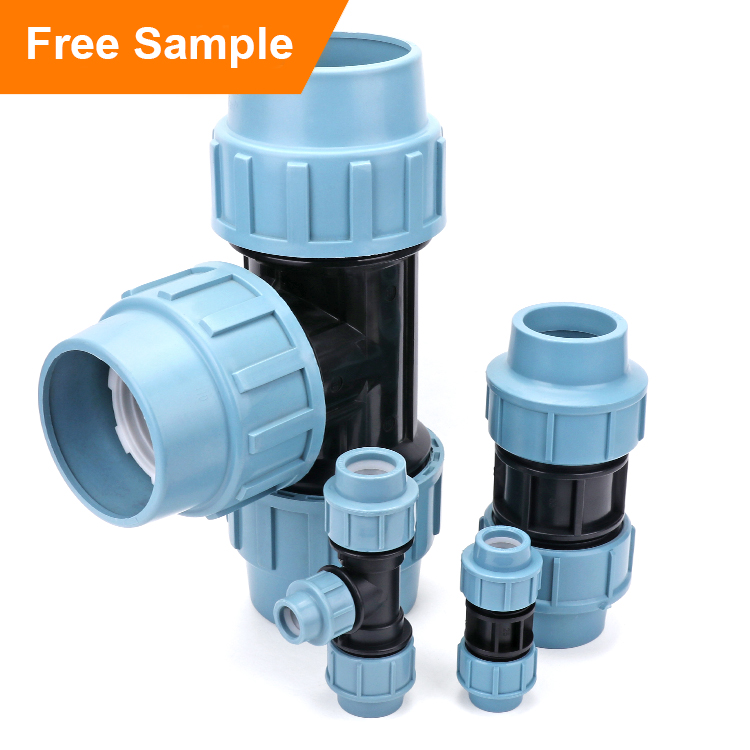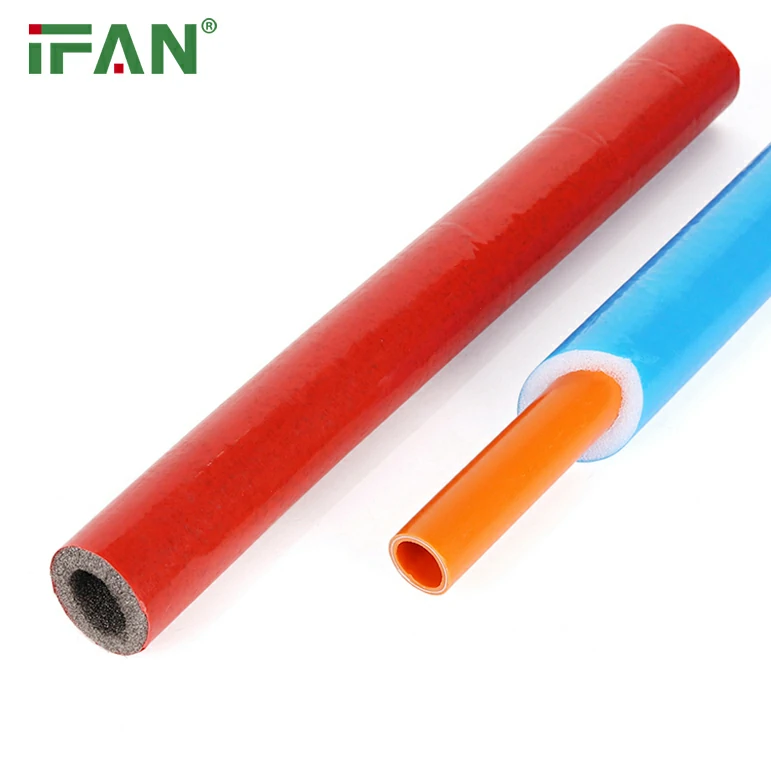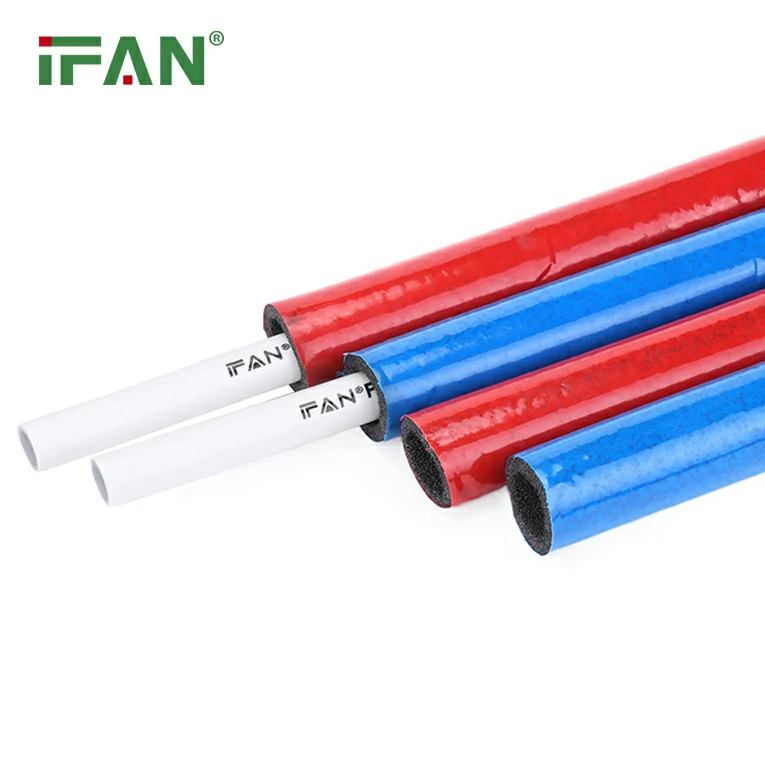Introduction :
PVC (Polyvinyl Chloride) pipes and fittings are commonly used in underground plumbing systems due to their durability and cost-effectiveness. This article explores the longevity of PVC pipes and fittings in underground applications, discussing their resistance to corrosion, impact, and environmental factors that can affect their lifespan.
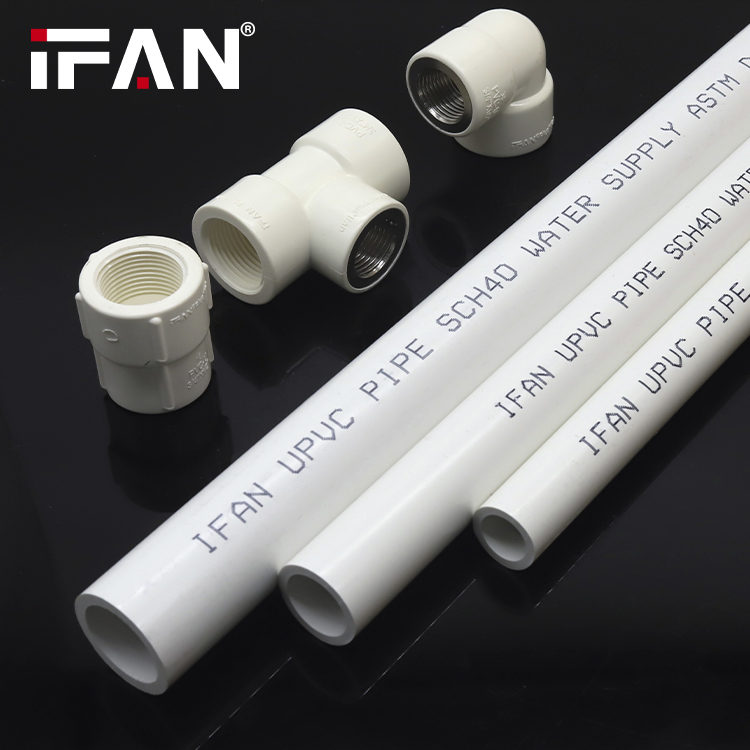
- Corrosion Resistance :
One of the key advantages of PVC pipes and fittings in underground plumbing systems is their exceptional resistance to corrosion. Unlike metal pipes, PVC is not susceptible to rust or chemical reactions with soil or water. This corrosion resistance ensures the longevity of the pipes, preventing leaks and maintaining water quality over an extended period. - Impact Resistance :
Underground plumbing systems may be subjected to external forces, such as soil movement or heavy vehicle traffic. PVC pipes and fittings have excellent impact resistance, allowing them to withstand these external pressures without cracking or breaking. This durability ensures the structural integrity of the plumbing system, reducing the need for frequent repairs or replacements. - UV Resistance :
When PVC pipes and fittings are installed above ground, exposure to sunlight can degrade their material properties over time. However, in underground applications, PVC pipes are shielded from direct UV exposure, minimizing the effects of UV degradation. This UV resistance contributes to the longevity of PVC pipes in underground plumbing systems. - Chemical Resistance :
Underground plumbing systems may encounter various chemicals present in the soil or wastewater. PVC pipes and fittings exhibit excellent resistance to a wide range of chemicals, including acids, alkalis, and organic solvents. This chemical resistance ensures that the pipes remain unaffected by the corrosive nature of certain substances, contributing to their long-term durability. - Environmental Factors :
Underground plumbing systems are exposed to environmental factors such as temperature variations, moisture, and soil conditions. PVC pipes and fittings are designed to withstand these environmental factors. They have a high tolerance for temperature fluctuations, are resistant to moisture absorption, and can withstand different soil types. These properties contribute to the longevity of PVC pipes in underground applications.
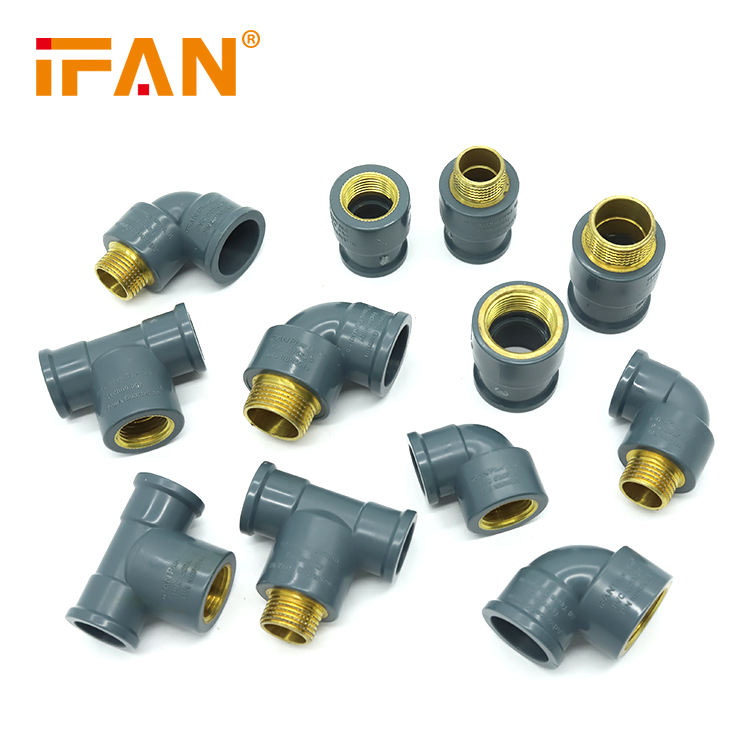
Conclusion :
PVC pipes and fittings offer exceptional longevity in underground plumbing systems. Their corrosion resistance, impact resistance, UV resistance, chemical resistance, and ability to withstand environmental factors contribute to their durability and long-term performance. By choosing PVC pipes and fittings for underground plumbing installations, one can ensure a reliable and long-lasting plumbing system.
